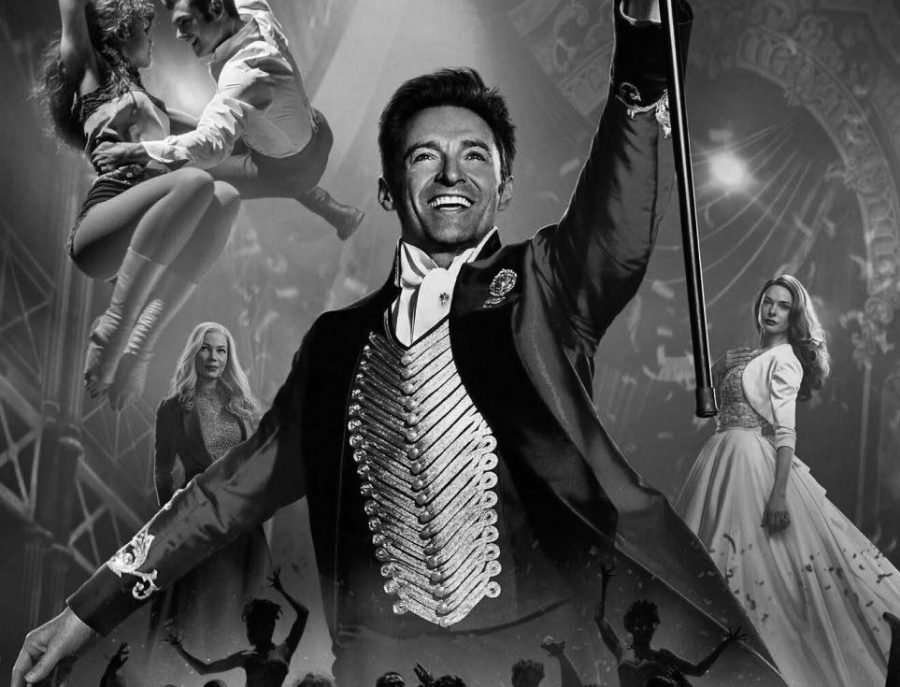The Greatest Showman was released into theatres, drawing crowds by its inspiring storyline about P.T. Barnum played by Hugh Jackman, a poor man who attempts to making an entertaining performance for people to enjoy.
While he definitely suffers in the beginning, he eventually finds people with weird talents who are out of the ordinary, the circus that would eventually draw crowds from all over the country. “It is a great portrayal of how society has learned to become more accepting but also acknowledging the hate and overcoming it. It was very powerful,” junior Caroline Gastwirth said.
In the film, Kaela Settle, who plays Lettie Lutz, the bearded lady, is originally portrayed to be a shy and self-conscious woman. As the movie progresses and there are rises and falls in Barnum’s company, the audience sees a change in Lettie’s personality. She becomes more confident in the way she looks, and is able to sing louder and prouder because of it, “it really showed how a person can be different and weird but all of those flaws are embraced and contribute to what makes them them,” freshman Ryan Weitz said.
The first half of the movie tells the story of how Barnum falls in love with a girl when he is just a child, but could not be with her because of her judging, unsupportive parents. They think Barnum is a poor nobody who will never be able to support their daughters.
Later, once he grows up, Barnum, walks to her house and they happily leave together. Flash forward, two kids later, but still, no money. Barnum gets a loan from the bank, and buys a museum, but once their family realizes the museum isn’t doing well, his daughter suggests that something alive might attract more people.
The story is about embracing the weirdness that is often seen as a flaw. In today’s society it is especially important for people to see this and understand that differences in appearance, personality, and skill do not define you, and are not necessarily flaws, “I️ think the message of the movie applies to today’s world because society is still not completely accepting so it’s important to embrace your flaws,” junior Maddy Elster said.
This movie rates five out of five stars. “It was so well done and every light and camera angle was perfect. Everything about it was perfect and it deserved a golden globe,” Gastwirth said.
The best part of the movie is the original score. Written and composed by Benj Pasek and Justin Paul, the Tony award-winning pair struck another win with the songs they created for the movie.
Emily Eichberg
Commons Editor







![Editors-in-Chief Ahmed Ibrahim, Helen Manolis, Cameron Cowen, Alex Grainger, Emory Scofield, Hayley Gottesman, Rebekah Buchman and Marley Hoffman create the first print magazine of the year during the October press days. “Only a quarter of the schools in MCPS have programs that are like ours, a thriving, robust program. That makes me really sad. This is not just good for [the student journalists] to be doing this, it’s good for the entire community. What [student journalists] provide to the community is a faith in journalism and that continues for their lifetimes," Starr said.](https://woottoncommonsense.com/wp-content/uploads/2025/10/wmpoFTZkCPiVA3YXA4tnGoSsZ4KmnKYBIfr18p3l-900x1200.jpg)
